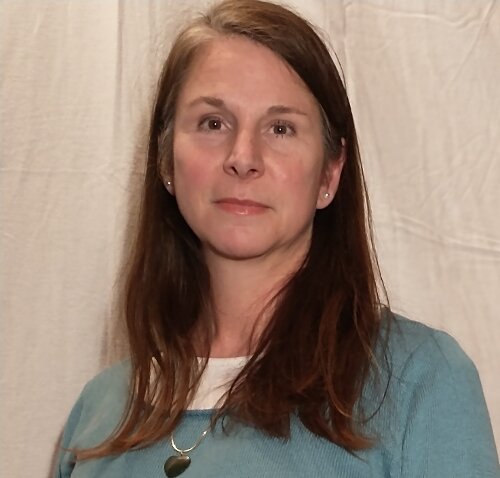Hettler: Apply science to build strong readers
Dr. Tanya Hettler is the director of the Center for Education Policy at the Caesar Rodney Institute.
In 2022, Delaware passed House Bill 304, which has been called the “science of reading bill.” This legislation mandates three annual screenings each year in kindergarten through third grade to look for students at risk for developing reading difficulties. It requires districts and charter schools to provide literacy interventions to students with a potential reading deficiency from a list maintained by the Delaware Department of Education. This is a commendable effort to address Delaware’s literacy crisis, but more must be done.
With only 41% of Delaware students reading proficiently, merely identifying students once they begin to struggle with reading is not sufficient. The majority of Delaware students are struggling to read. Therefore, we must use an evidence-based reading curriculum to teach early literacy to all students, and this instruction must be done proactively from day one in kindergarten. If we wait until reading problems are detected, it will be too late.
The National Institute of Child Health and Human Development’s research on reading has consistently shown that the “science of reading,” which includes phonemic awareness, phonics, fluency, vocabulary and comprehension, is essential for developing strong literacy skills. By teaching these principles to all students, we can prevent deficiencies, rather than try to fix them after they develop. Once students learn the wrong way of “reading,” it is extremely difficult to correct it.
Over the past several decades, most students in teacher preparation programs were taught that children can read without explicit instruction. Strategies such as “whole language” or “balanced literacy” were being taught. These methods, which encourage children to figure out how to read by looking at books and guessing what the words are, rather than sounding them out, actually impede students’ ability to learn to read.
In fact, researchers have found that the neural pathways in the brain that allow students to read do not exist in the preliterate brain and, thus, must be built through explicit instruction and much practice. Learning to read is an extremely complicated activity, and we have been doing teachers a disservice by not educating them on how to teach reading, while doing students a disservice by not giving them systematic and explicit reading instruction.
Additionally, there is a short time frame in which reading skills must be taught correctly to ensure students can read efficiently and with comprehension. Waiting to see if pupils will develop reading problems is not an effective way of providing early literacy instruction.
I applaud Delaware legislators and the governor for passing a science of reading bill. But I also urge the Delaware Department of Education, teacher colleges, districts and schools to ensure that teachers learn how to teach reading based on the science of reading to all students in their classes from day one. Current teachers must be retaught how to educate students, based on empirical evidence that requires systematic and explicit reading instruction. By doing this, we can make sure that every student, regardless of their initial proficiency, receives the quality education they deserve.
This will have a profound impact on the percentage of Delaware students who can perform at grade level on tests of reading proficiency. Substantial evidence indicates that this is especially crucial for students who have not been exposed to many books at home and thus have yet to begin to make the connections between letters and sounds.
A thorough implementation of the science of reading for all students should be the goal of our state education system. Implementing these changes will not only improve literacy rates but will also equip our students with the skills necessary for success. Teaching educators how to teach reading based on the science of reading will lead to Delaware students experiencing greater success in school, which will lay the foundation for higher learning and career success, and lead to a more productive populace.
Reader reactions, pro or con, are welcomed at civiltalk@iniusa.org.







